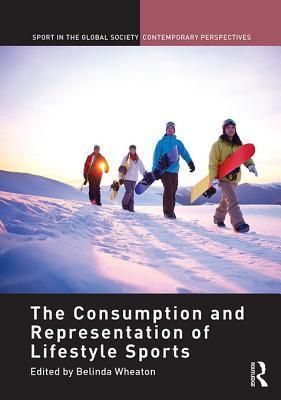
The Consumption and Representation of Lifestyle Sports
Since their emergence in the 1960s, lifestyle sports (also referred to as action sport, extreme sports, adventure sports) have experienced unprecedented growth both in terms of participation and in their increased visibility across public and private space. book seeks to explore the changing representation and consumption of lifestyle sport in the twenty-first century. The essays, which cover a range of sports, and geographical contexts (including Brazil, Europe, North America and Australasia) focus on three themes. First, essays scrutinise aspects of the commercialisation process and impact of the media, reviewing and reconsidering theoretical frameworks to understand these processes. The scholars here emphasise the need to move beyond simplistic understandings of commercialisation as co-option and resistance, to capture the complexity and messiness of the process, and of the relationships between the cultural industries, participants and consumers. The second theme examines gender identity and representations, exploring the potential of lifestyle sport to be a politically transformative space in relation to gender, sexuality and ‘race’. The last theme explores new theoretical directions in research on lifestyle sport, including insights from philosophy, sociology and cultural geography. The themes the monograph addresses are wide reaching, and centrally concerned with the changing meaning of sport and sporting identity in the twenty-first century. This book was previously published as a Special Issue of Sport in Society.